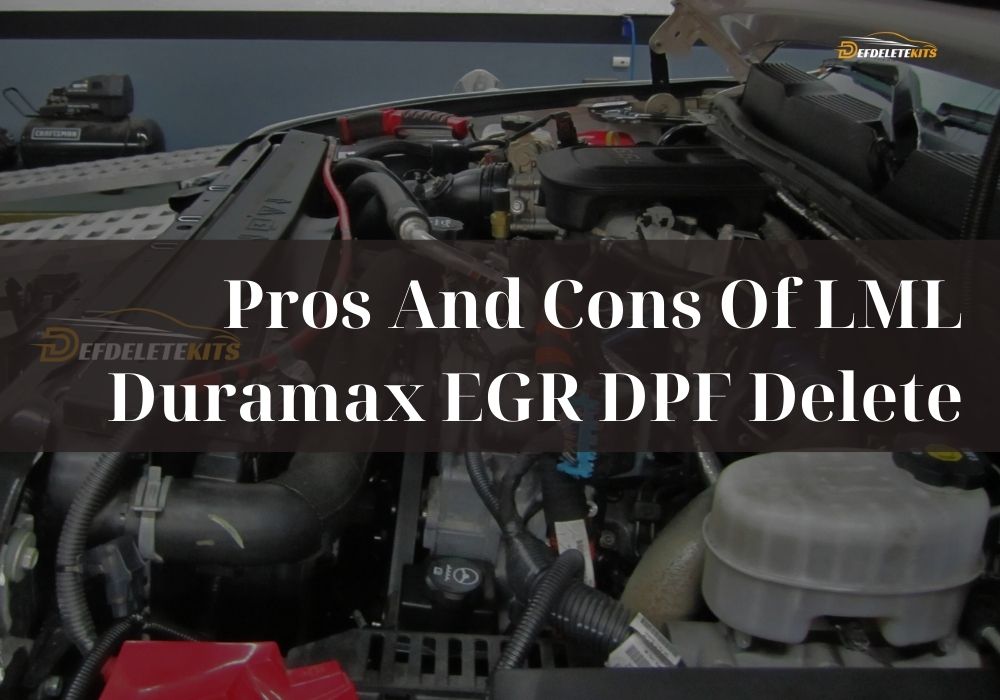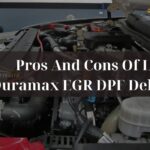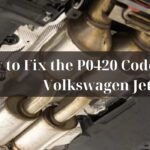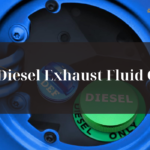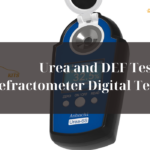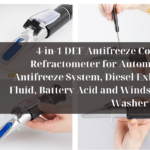Introduction
The LML Duramax engine, known for its robust performance and reliability, has been a favorite among diesel enthusiasts. However, many owners consider modifications such as the EGR (Exhaust Gas Recirculation) and DPF (Diesel Particulate Filter) delete to enhance their vehicle’s performance. This article delves into the advantages and disadvantages of these modifications, providing a comprehensive guide for those contemplating this route.
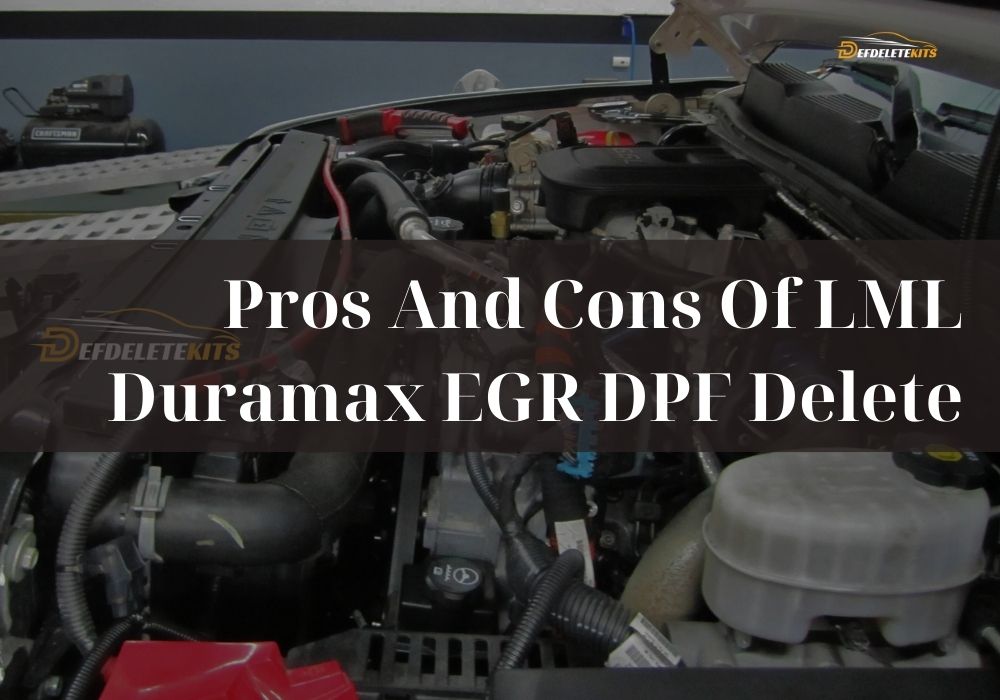
Understanding EGR and DPF Systems
What is EGR?
The EGR system is designed to reduce nitrogen oxide emissions by recirculating a portion of the engine’s exhaust back to the engine cylinders. This process helps in reducing the temperature of the combustion chamber, thereby lowering emissions.
What is DPF?
The DPF is a filter that captures and stores exhaust soot to reduce emissions from diesel engines. Over time, the DPF needs to be cleaned or replaced as it becomes clogged with soot.
Deleting the EGR (Exhaust Gas Recirculation) and DPF (Diesel Particulate Filter) on an LML Duramax engine can have various pros and cons. Here’s a detailed breakdown:
Pros And Cons Of lml Duramax EGR DPF Delete
Pros of EGR and DPF Delete
Enhanced Performance
- Increased Horsepower and Torque: Removing the EGR and DPF systems can lead to noticeable improvements in engine performance. The engine can breathe more freely, resulting in increased horsepower and torque.
- Improved Fuel Efficiency: Without the restrictions imposed by the EGR and DPF systems, the engine can operate more efficiently, potentially leading to better fuel economy.
- Better Throttle Response: The engine can respond more quickly to throttle inputs without the restrictions of the EGR and DPF.
Improved Fuel Economy:
- Reduced Backpressure: With the EGR and DPF removed, the engine can operate more efficiently, potentially leading to better fuel economy.
- Optimized Fuel Mapping: Custom tuning after the delete can optimize fuel maps for better efficiency.
Longer Engine Life:
- Reduced Soot and Carbon Build-Up: Without the EGR, less soot and carbon are recirculated into the engine, potentially reducing wear and tear.
- Lower Operating Temperatures: The engine may run cooler without the EGR system, which can contribute to longer engine life.
Reduced Maintenance Costs
- Fewer Repairs: EGR and DPF systems can be prone to failures, leading to costly repairs. Deleting these systems can reduce the likelihood of such issues.
- No More Regenerations: The DPF requires periodic regenerations to burn off accumulated soot. By removing the DPF, you eliminate the need for these regenerations, reducing wear and tear on the engine.
Cons of EGR and DPF Delete
Legal and Environmental Concerns
- Violation of Emissions Laws: In many regions, deleting the EGR and DPF systems is illegal as it increases the vehicle’s emissions. This can result in fines and penalties.
- Environmental Impact: Removing these systems increases the vehicle’s emissions, contributing to air pollution and environmental degradation.
- Warranty Void: Deleting these systems can void the vehicle’s warranty, leading to potential issues with coverage for other repairs.
Potential Engine Damage
- Increased Exhaust Temperatures: Without the EGR system, exhaust temperatures can rise, potentially leading to engine damage if not properly managed.
- Warranty Voidance: Modifying the engine by deleting these systems can void the manufacturer’s warranty, leaving the owner responsible for any future repairs.
- Increased Wear: Higher exhaust gas temperatures (EGTs) without the EGR can lead to increased wear on engine components.
- Risk of Engine Damage: Improper tuning after the delete can lead to engine damage if not done correctly.
Resale Value:
- Lower Resale Value: Vehicles with deleted EGR and DPF systems may have a lower resale value due to the legal and environmental issues associated with these modifications.
Conclusion
While deleting the EGR and DPF systems on an LML Duramax can offer performance and maintenance benefits, it comes with significant legal, environmental, and potential long-term reliability risks. It’s essential to consider these factors and the local regulations before proceeding with such modifications.
